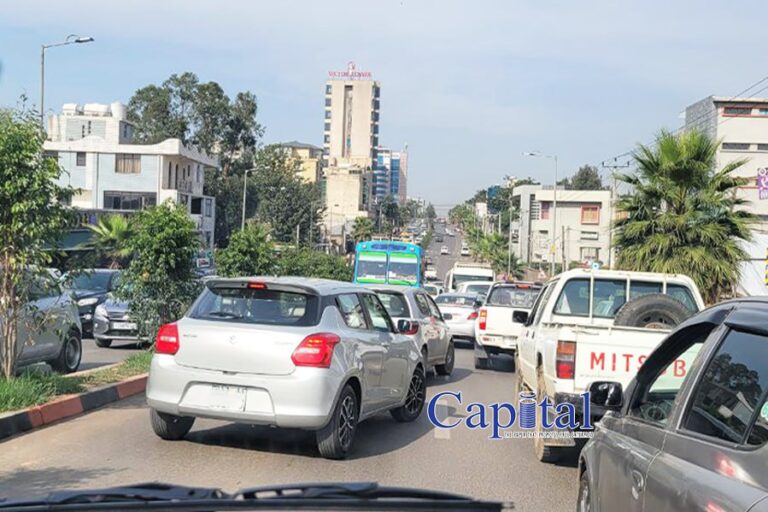Today, President Abdel Fattah El-Sisi met with Turkish Minister of Foreign Affairs Hakan Fidan and his accompanying delegation, in the presence of Minister of Foreign Affairs and Emigration Dr. Badr Abdel-Atty and the Turkish Ambassador in Cairo.
Spokesman for the Presidency, Counselor Dr. Ahmed Fahmy, said the Turkish foreign minister conveyed to the President the greetings and appreciation of Turkish President Recep Tayyip Erdoğan, which was valued by the President. President El-Sisi also praised the outcome of President Erdoğan’s visit to Egypt last February, which gave a positive impetus to ties between the two countries.
The meeting reviewed the overall relations between the two countries. Both sides looked forward to the convening of the first meeting of the high-level strategic council between Egypt and Türkiye, as it represents a leap in bilateral cooperation, on the basis of mutual respect and common interests. It also demonstrates the historical relations between the two peoples, and enhances coordination and consultation between the two countries with the aim of achieving security and stability in the region.
The meeting focused on the latest regional developments and warnings of the dangerous escalation in the region. President El-Sisi stressed that the Middle East is going through a very delicate and dangerous juncture that requires exercising the highest levels of self-restraint and upholding the voice of reason and wisdom. The President stressed that defusing the escalating tension lies in the concerted efforts of the active forces and the international community to implement a ceasefire immediately in the Gaza Strip, and to provide the opportunity for political and diplomatic solutions. The President noted that Egypt has repeatedly warned of the danger of expanding the scope of the war, in a way that threatens regional and international peace and security, as well as the capabilities, security and stability of the peoples of the region.
During the meeting, views were aligned on the gravity of the regional scene and the Israeli escalation policies were condemned. The two sides reviewed the latest pertinent to the ongoing intensified Egyptian efforts to reach an agreement for a ceasefire and the exchange of captives.
President El-Sisi stressed that regional developments should not overshadow efforts to allow access to relief aid to the Palestinian people in the Gaza Strip, who suffer from inhumane living and health conditions, and the lack of the most basic elements of life. The meeting confirmed the necessity of advancing a fundamental and comprehensive solution to the Palestinian issue, based on the two-state solution and the establishment of a Palestinian state with East Jerusalem as its capital, along the 1967 borders, in a manner that achieves sustainable justice, security, and stability in the region.
Distributed by APO Group on behalf of Presidency of the Arab Republic of Egypt.




